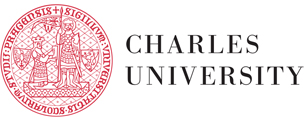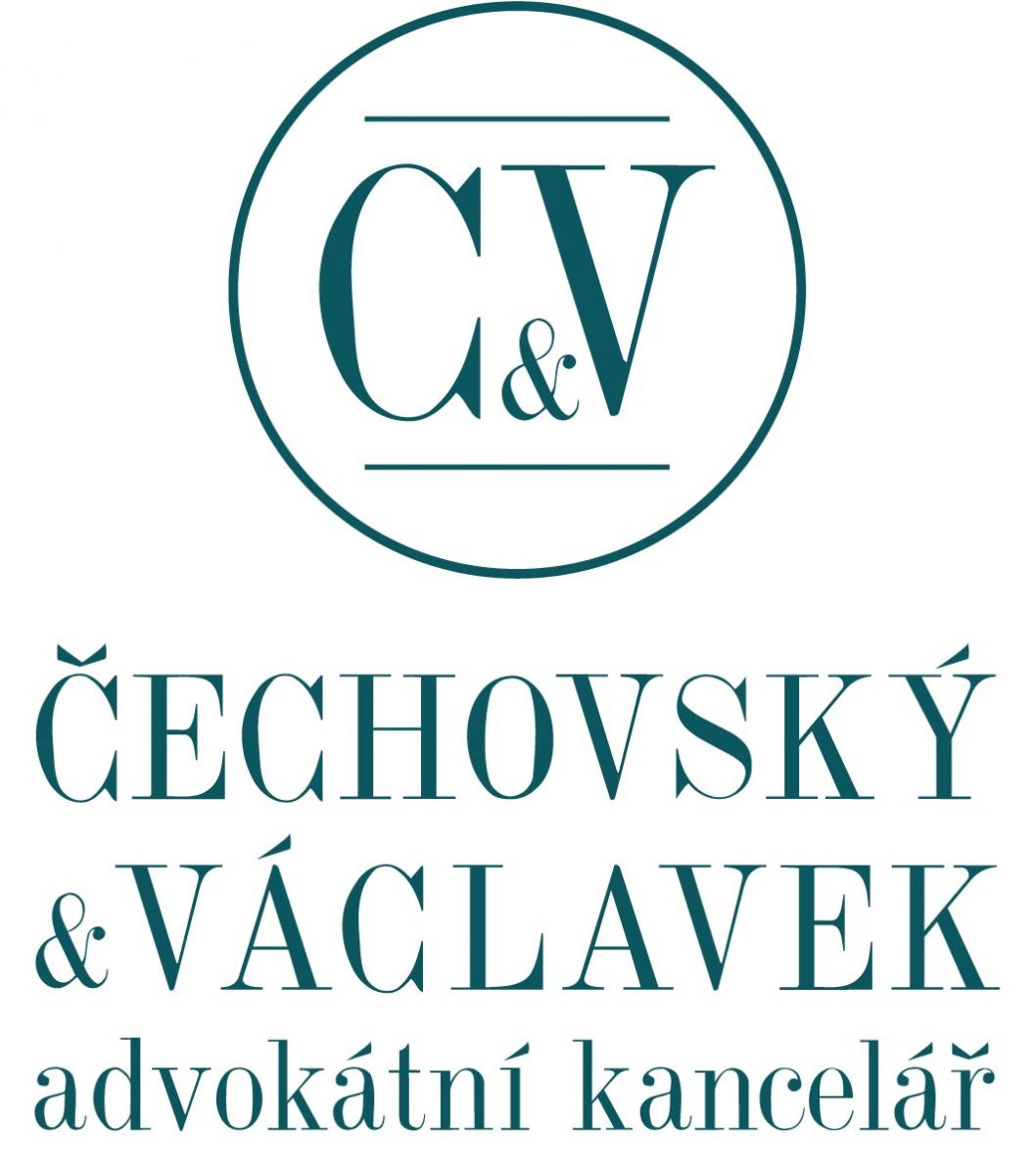BACKGROUND AND THEME OF THE CONFERENCE
Several years ago, scholars nicknamed the EU “Fortress Europe”, drawing attention to the continuing “securitization” of migration and refugee issues. The same holds even more true today. Non-entry strategies apply extensively across Europe and were strengthened after the 2015 refugee/migration inflow by the 2016 EU-Turkey agreement. Public discourse in certain European countries has become increasingly hostile when it comes to offering international protection. Countries of the global North focus in general on the protection of their borders and often use a securitized language when they discuss legal norms that apply to refugees. These measures mark a shift away from the human rights conception of refugee protection towards an emphasis on security. It means, inter alia, that a conflict between state sovereignty and human rights becomes even more apparent.
The main issue to be addressed at this conference is the future of Europe as a place of refuge. Given that only a small number of refugees may enter, how is Europe going to participate in solving the large and ever growing refugee situations around the globe? Some of those fleeing their countries of origin may try to apply for a visa as in the X and X v État belge ECJ case or in the M.N. and others v. Belgium case before the ECtHR. Others could hope for resettlement. Yet, could any of these options constitute a real and viable solution? Some Western states would not consider single men for resettlement, but families only. Visas for applying for protection are not being issued. How will refugees reach Europe in the future and how will the societies receive them? Most importantly, how will the societies receive them if they come in large numbers? Could resettlement be the answer? And if so, under what circumstances?
This conference aims to bring together scholars and other experts in various fields of law relevant to exploring the issues outlined above. It offers an opportunity to present cutting-edge research addressing these issues, to introduce new ideas and initiatives and to promote a thought-provoking interaction among participants.
The working language of the conference is English.
Organizers welcome proposals for contributions that will address mainly (but not exclusively) the following themes:
- Resettlement as a tool for solidarity between states and towards refugees
- Human rights in an (imaginary?) conflict with security in the refugee law
- Human rights limits of state sovereignty in refugee law
- Challenges of establishing international protection of stateless persons across Europe in the era of securitization of migration
- Impact of security interests on the granting and the substantive quality of international protection
- Legitimacy of non-entry strategies
- Resettlement as a humanitarian tool
- Extra-European experience with resettlement
- Speediness and effectiveness of asylum procedures and human rights concerns associated with such procedures
- Do special times call for special measures? Possible limitations of human rights in mass influx situations
ABSTRACT SUBMISSIONS AND PAPER PUBLICATION
Scholars, researchers and other experts are invited to submit abstracts of original, unpublished research papers. The abstracts (max. 500 words) should set out the main aspects and structure of the study. The selection of the abstracts will be based on the originality and innovativeness of the paper and the relevance to the conference theme. The best papers will be considered for publication.
Since most of us got back from holidays only at the beggining of September, and we understand that the return back into academic reality is not easy, we agreed to postpone the deadline for abstracts. The DEADLINE FOR ABSTRACTS IS SEPTEMBER 21, 2019. Please send all abstracts (in Word format) together with your affiliation and contact information, to migration@prf.cuni.cz
Successful applicants will be notified by email by 13 October 2019. The authors of selected papers will be required to submit a 2,000-word extended abstract to migration@prf.cuni.cz by 27 October 2019.
Submission details, author guidance form and other practical information will be sent to authors at a later stage.
SCIENTIFIC COMMITTEE OF THE CONFERENCE
Prof. Dr. Marjoleine Zieck, Faculty of Law, University of Amsterdam, the Netherlands
Prof. Dr. Dr. Rainer Hofmann, Goethe-Universität, Frankfurt am Main, Germany
Prof. em. C.A. (Kees) Groenendijk, Radboud University, Nijmegen, the Netherlands
Prof. Philippe de Bruycker, Université libre de Bruxelles, Belgium
JUDr. Věra Honusková, Ph.D., Charles University, Prague, the Czech Republic
doc. JUDr. PhDr. Veronika Bílková E.MA., Ph.D., Charles University, Prague, the Czech Republic
doc. Dr. iur. Harald Christian Scheu, Ph.D., Charles University, Prague, the Czech Republic
CONTACT


